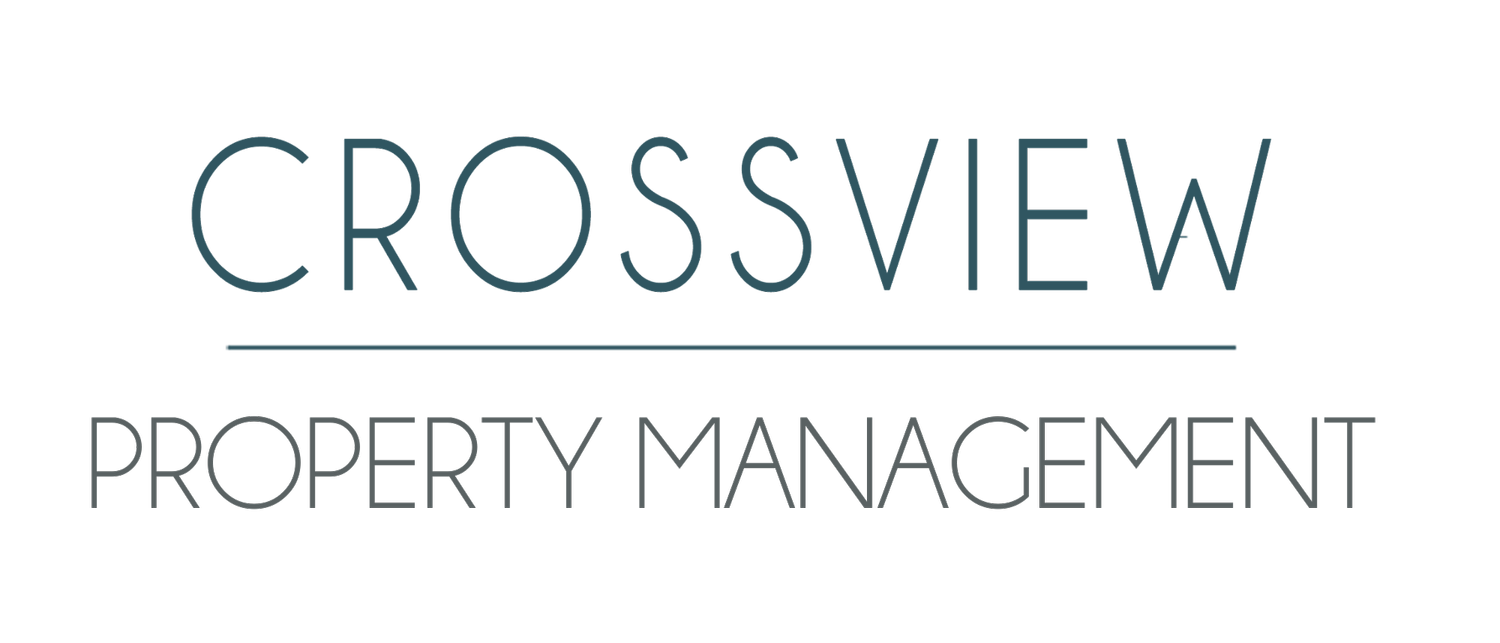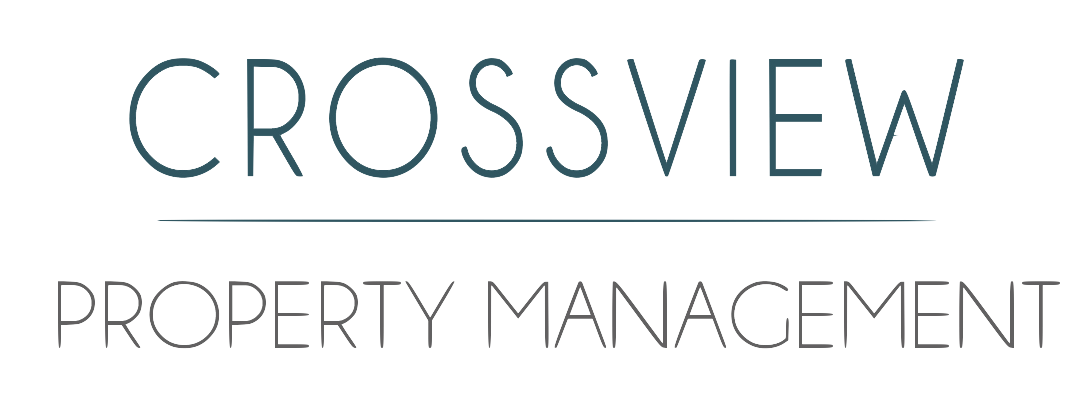Are You Accidentally Breaking Florida Law with Your Rental?
Owning a rental property in Florida isn’t just passive income—it’s a regulated business. That means the law holds you to a professional standard, even if you only own one unit. And with tenant rights increasingly under scrutiny, a simple oversight can cost you thousands.
Let’s break down five areas where Florida landlords often cross legal lines—accidentally or otherwise.
1. Mishandling Security Deposits
Florida Statute §83.49 has strict rules about how you handle tenant deposits:
You must hold deposits in a Florida bank (separate from your personal funds), either interest-bearing or non-interest-bearing.
Alternatively, you can post a surety bond and still owe the tenant interest.
You’re required to notify tenants in writing within 30 days of receiving the deposit—stating where it's held and whether it earns interest.
The risk:
If you skip the written notice or co-mingle funds with your personal accounts, you could face legal claims, penalties, and mandatory repayment—even if the lease is solid.
2. Cutting Corners on Property Conditions
Florida’s “warranty of habitability” isn’t just about hot water and working toilets. As a landlord, you're legally obligated to:
Maintain structural components (roof, walls, windows, locks)
Provide pest control in multi-family housing
Comply with all local housing and health codes
Keep common areas clean and safe
The risk:
Tenants can legally withhold rent or terminate the lease if you don’t make repairs within 7 days of written notice. You might also face housing code enforcement—especially in more regulated cities like Jacksonville.
3. Entering Without Proper Notice
Unless it’s an emergency, Florida law requires landlords to give:
At least 12 hours' notice before entering
Access only between 7:30 AM and 8:00 PM
A legitimate reason (repairs, inspections, showings, etc.)
The risk:
Walking in unannounced—even with good intentions—can be seen as harassment or a violation of privacy. Repeat offenses could lead to legal action or the tenant breaking their lease.
4. Attempting “Self-Help” Evictions
If a tenant stops paying rent or breaks the lease, your hands may feel tied—but you cannot:
Change the locks
Shut off utilities
Remove doors, appliances, or windows
Intimidate or threaten the tenant
These tactics are considered self-help eviction and are strictly illegal in Florida.
The risk:
Tenants can sue for actual damages or up to three months’ rent—whichever is greater—plus court costs and attorney fees.
5. Retaliation and Improper Notices
Florida law protects tenants who:
File complaints with housing authorities
Join a tenant union
Report code violations
If you raise rent, issue a notice, or cut services within 6 months of a complaint, it may be seen as retaliation—even if that’s not your intent.
Also important: All lease violations must be addressed through proper legal notice (3-day notice for nonpayment, 7-day notice for other issues). Any eviction must go through court, and only the sheriff can enforce it.
Final Takeaway
When you're managing property in the Jacksonville, FL area, the stakes are too high to “wing it.” From deposits to evictions, Florida law doesn’t leave much room for error—and small missteps can turn into big liabilities.
Need help keeping your rental legal and profitable?
Let’s make sure you’re fully compliant and protected. Schedule a consultation or request a rental analysis with CrossView Property Management today.

